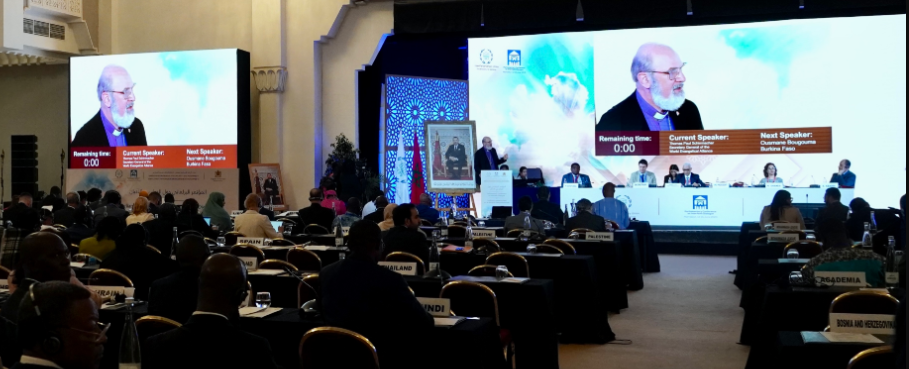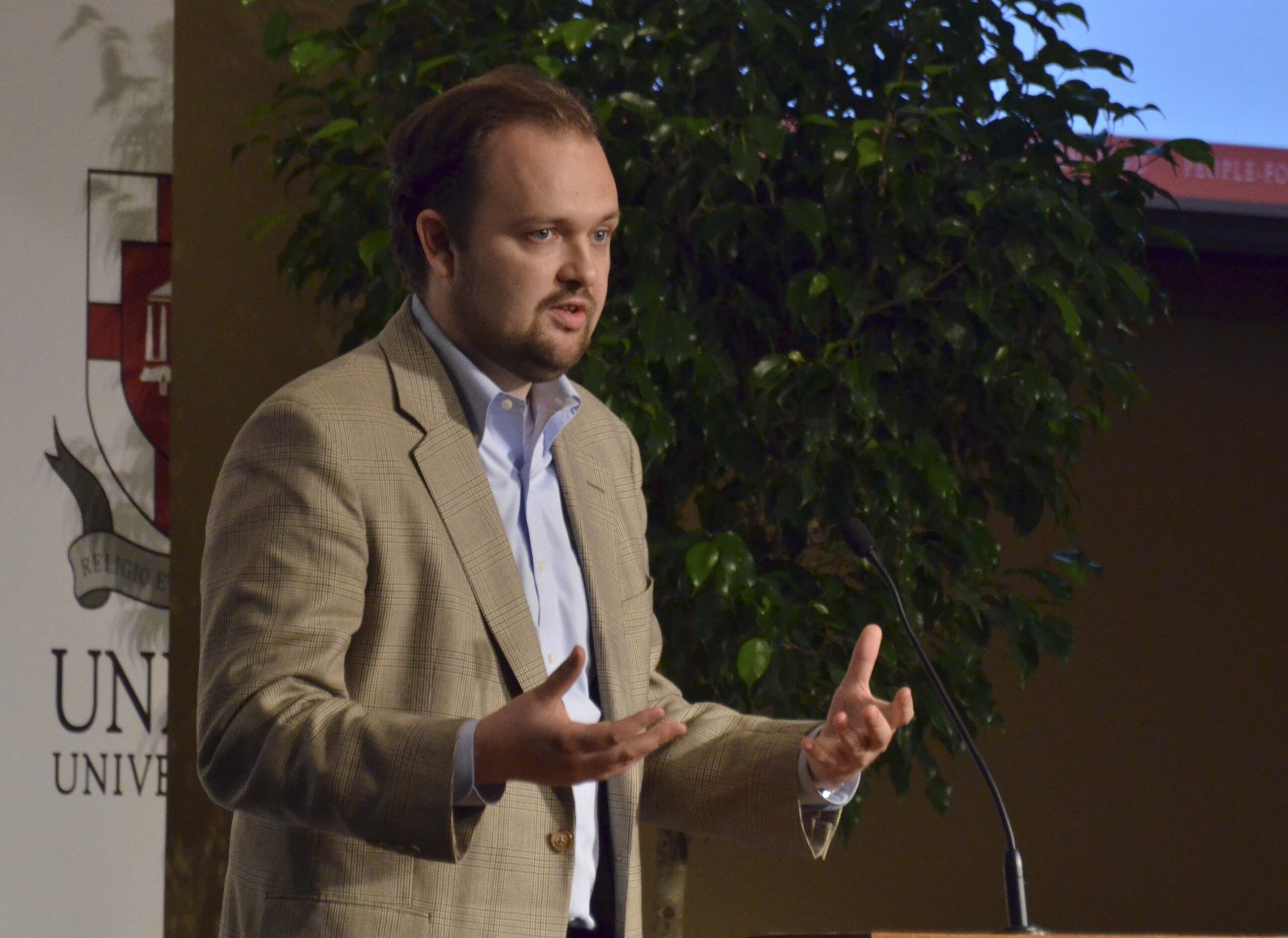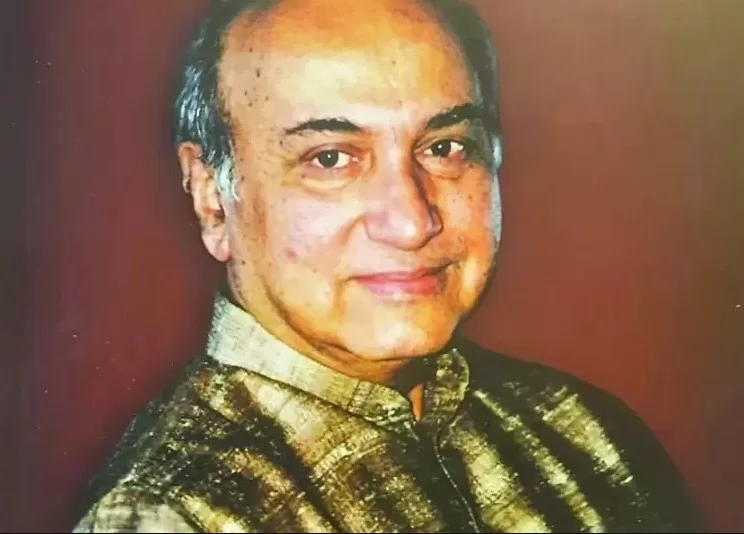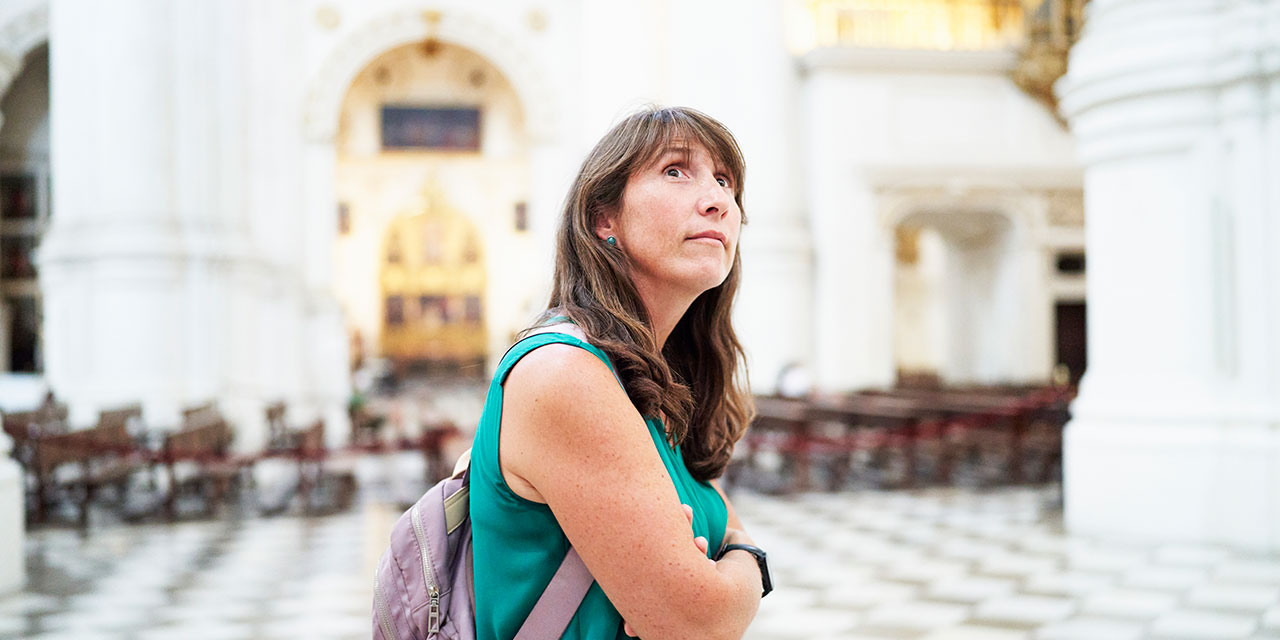Religious Freedom at Stake: German Lawmakers Challenged to Listen Up
Religion
2025-04-08 11:37:00Content

As Germany's political parties engage in delicate coalition negotiations, a prominent religious freedom advocate is urging policymakers to prioritize international religious liberty. Dr. Thomas Schirrmacher, president of the International Institute for Religious Freedom (IIRF), is making a compelling case for elevating the role of the Religious Freedom Commissioner to a critical component of Germany's foreign policy strategy.
Schirrmacher argues that religious freedom should not be a peripheral diplomatic concern, but a central consideration in international relations. By integrating the Commissioner for Religious Freedom more deeply into foreign policy frameworks, Germany can play a pivotal role in protecting vulnerable religious communities worldwide and promoting fundamental human rights.
The call comes at a crucial moment as potential coalition partners discuss their shared governance priorities. By emphasizing the importance of religious liberty on the global stage, Germany could signal its commitment to defending fundamental human rights and fostering intercultural understanding.
The IIRF president's recommendation highlights the growing recognition that religious freedom is not just a moral imperative, but a key indicator of broader social and political stability in diverse societies around the world.
Religious Freedom at the Crossroads: Germany's Political Landscape and Diplomatic Imperatives
In the intricate tapestry of global diplomacy, religious freedom emerges as a critical thread that weaves through international relations, challenging policymakers to balance complex geopolitical dynamics with fundamental human rights. As Germany stands at a pivotal moment of political transition, the potential role of religious freedom advocacy takes center stage in shaping the nation's diplomatic strategy.Navigating the Delicate Balance of Global Diplomatic Engagement
The Strategic Significance of Religious Freedom Commissioner
The appointment of a Religious Freedom Commissioner represents far more than a bureaucratic formality—it embodies a profound commitment to human rights and international understanding. In an increasingly polarized global landscape, this role serves as a critical diplomatic instrument, bridging cultural divides and promoting mutual respect across diverse religious communities. Germany's emerging political coalitions face a nuanced challenge: transforming the Religious Freedom Commissioner from a peripheral advisory position to a central pillar of foreign policy strategy. This transformation requires a sophisticated approach that integrates human rights considerations into broader diplomatic frameworks.Geopolitical Implications of Religious Freedom Advocacy
Contemporary international relations demand a holistic understanding of religious dynamics. The proposed elevation of the Religious Freedom Commissioner signals a progressive approach to diplomatic engagement, recognizing that religious persecution and systemic discrimination can destabilize entire regions and undermine global peace efforts. By positioning religious freedom as a core diplomatic priority, Germany could potentially set a precedent for other European nations, demonstrating how principled international engagement can transcend traditional geopolitical negotiations. This approach requires not just rhetorical commitment but substantive policy implementation.Institutional Mechanisms and Policy Frameworks
Implementing an effective religious freedom strategy necessitates robust institutional mechanisms. The International Institute for Religious Freedom (IIRF) advocates for a comprehensive approach that goes beyond symbolic gestures, demanding concrete policy frameworks that can systematically address religious discrimination and promote interfaith dialogue. Potential strategies might include targeted diplomatic interventions, economic incentives for countries demonstrating religious tolerance, and multilateral cooperation in monitoring and addressing religious freedom violations. Such an approach requires nuanced diplomatic skills and a deep understanding of complex cultural and religious landscapes.Challenges and Opportunities in Global Diplomatic Engagement
The integration of religious freedom into foreign policy presents both significant challenges and unprecedented opportunities. Political coalitions must navigate complex international relationships, balancing diplomatic pragmatism with principled advocacy. Successful implementation will require interdisciplinary collaboration, drawing insights from diplomatic experts, human rights scholars, religious leaders, and regional specialists. This holistic approach can transform religious freedom from a peripheral concern to a central component of sophisticated international engagement.Future Outlook and Potential Transformations
As Germany contemplates its diplomatic strategy, the potential elevation of the Religious Freedom Commissioner represents a forward-thinking approach to international relations. By recognizing the intrinsic connection between religious freedom and global stability, policymakers can develop more nuanced, effective diplomatic frameworks. The coming months will be crucial in determining whether this vision translates into concrete policy, potentially reshaping Germany's diplomatic landscape and setting a progressive standard for international human rights advocacy.RELATED NEWS
Religion

Fighting for Faith: Notre Dame Law Clinic Battles Religious Rights in High-Stakes Prison Lawsuit
2025-04-11 15:36:00
Religion

Faith, Reason, and Purpose: Douthat's Bold Case for Universal Spiritual Engagement
2025-04-16 14:38:10
Religion

Beyond Borders: Gandhi's Radical Vision of Unity, Faith, and Global Harmony
2025-05-05 14:34:18





